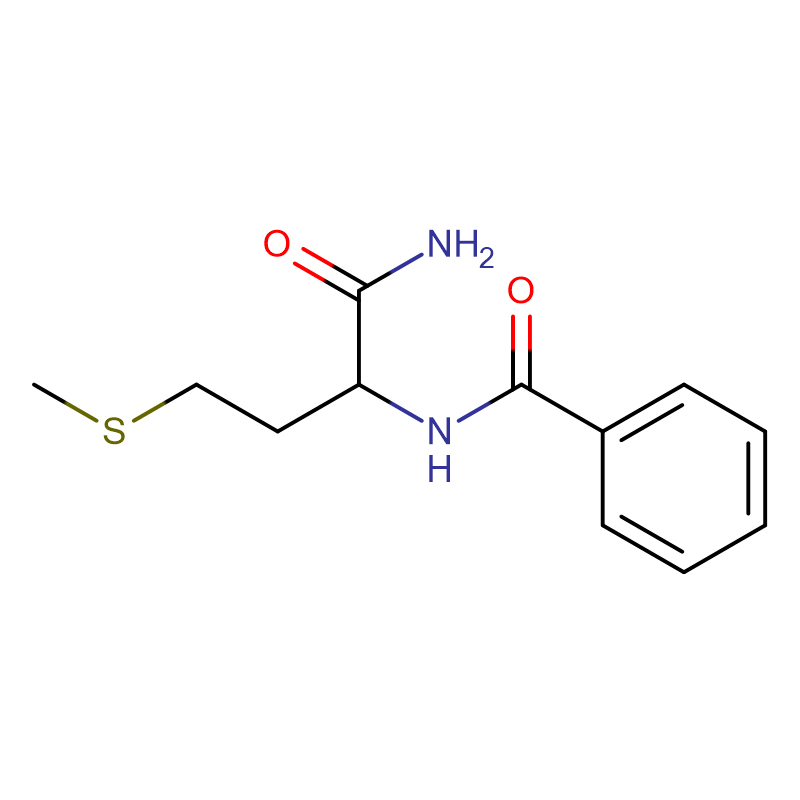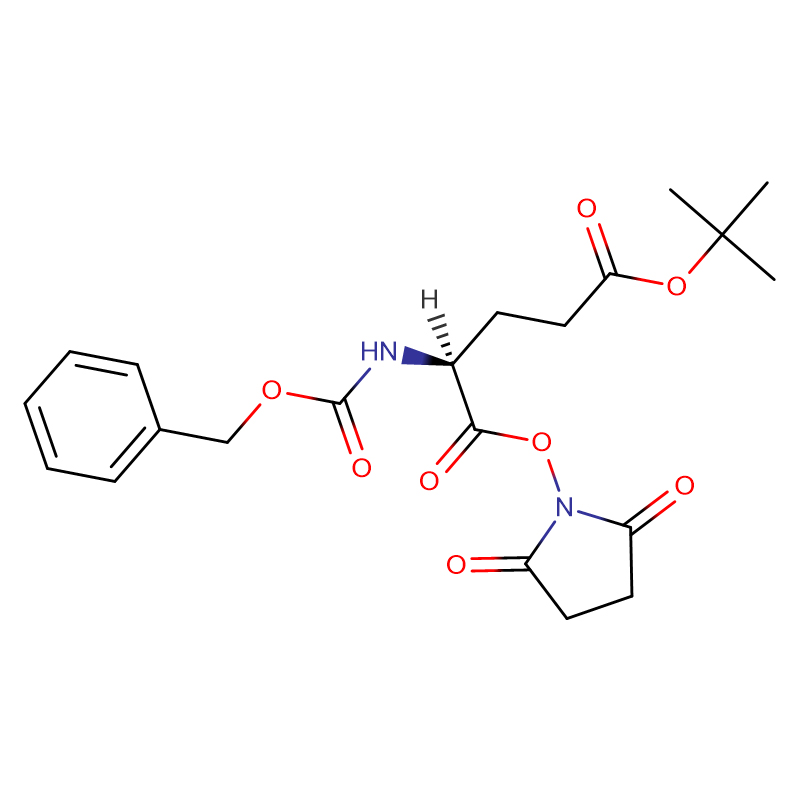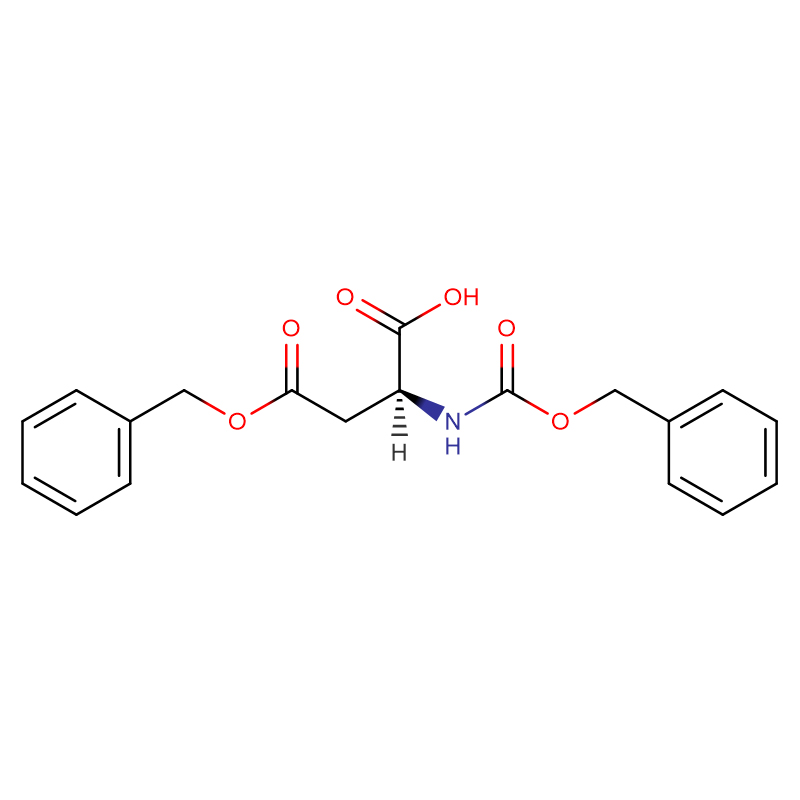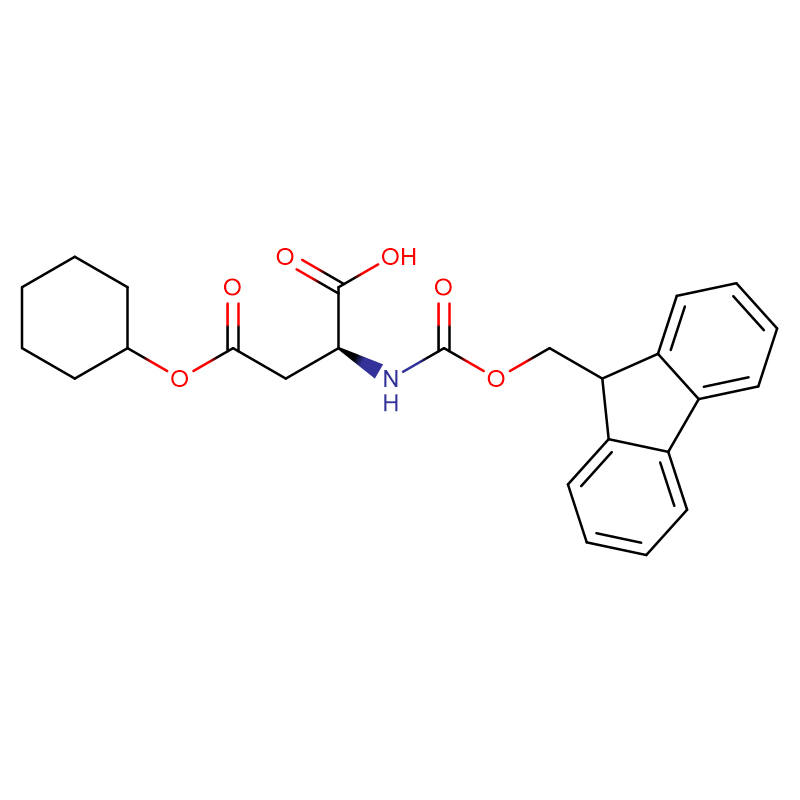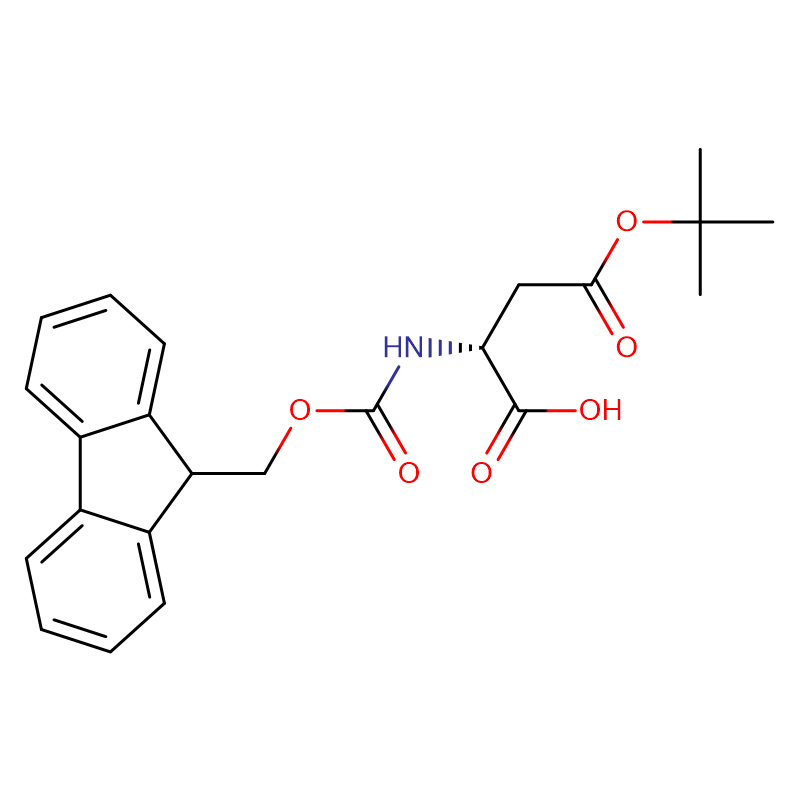D-Leucine Cas: 328-38-1 99% White powder
| Catalog Number | XD90305 |
| Product Name | D-Leucine |
|
CAS |
328-38-1 |
|
Molecular Formula |
C6H13NO2 |
|
Molecular Weight |
131.17292 |
| Storage Details | Ambient |
| Harmonized Tariff Code | 29224985 |
Product Specification
| Specific rotation | -14 to -16 |
| AS | <1ppm |
| Pb | <10ppm |
| Loss on Drying | <0.20% |
| Assay | 99% |
| Residue on Ignition | <0.10% |
| Cl | <0.020% |
| Appearance | White powder |
Environmental factors, such as the macronutrient composition of the diet, can have a profound impact on risk of diabetes and metabolic syndrome. In the present study we demonstrate how a single, simple dietary factor--leucine--can modify insulin resistance by acting on multiple tissues and at multiple levels of metabolism. Mice were placed on a normal or high fat diet (HFD). Dietary leucine was doubled by addition to the drinking water. mRNA, protein and complete metabolomic profiles were assessed in the major insulin sensitive tissues and serum, and correlated with changes in glucose homeostasis and insulin signaling. After 8 weeks on HFD, mice developed obesity, fatty liver, inflammatory changes in adipose tissue and insulin resistance at the level of IRS-1 phosphorylation, as well as alterations in metabolomic profile of amino acid metabolites, TCA cycle intermediates, glucose and cholesterol metabolites, and fatty acids in liver, muscle, fat and serum. Doubling dietary leucine reve rsed many of the metabolite abnormalities and caused a marked improvement in glucose tolerance and insulin signaling without altering food intake or weight gain. Increased dietary leucine was also associated with a decrease in hepatic steatosis and a decrease in inflammation in adipose tissue. These changes occurred despite an increase in insulin-stimulated phosphorylation of p70S6 kinase indicating enhanced activation of mTOR, a phenomenon normally associated with insulin resistance. These data indicate that modest changes in a single environmental/nutrient factor can modify multiple metabolic and signaling pathways and modify HFD induced metabolic syndrome by acting at a systemic level on multiple tissues. These data also suggest that increasing dietary leucine may provide an adjunct in the management of obesity-related insulin resistance.



